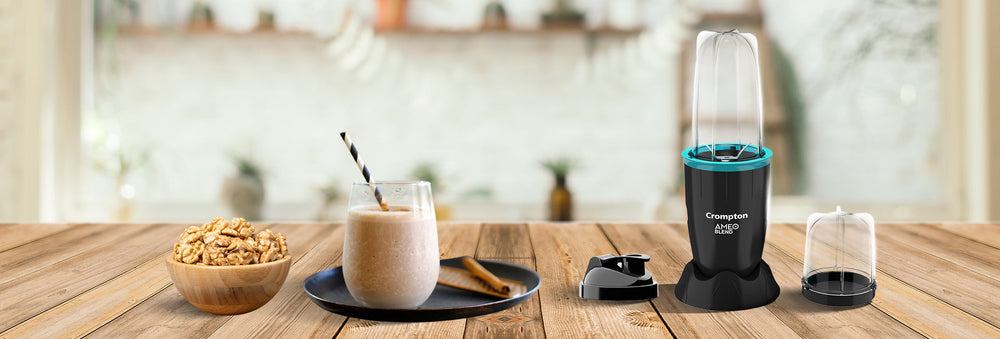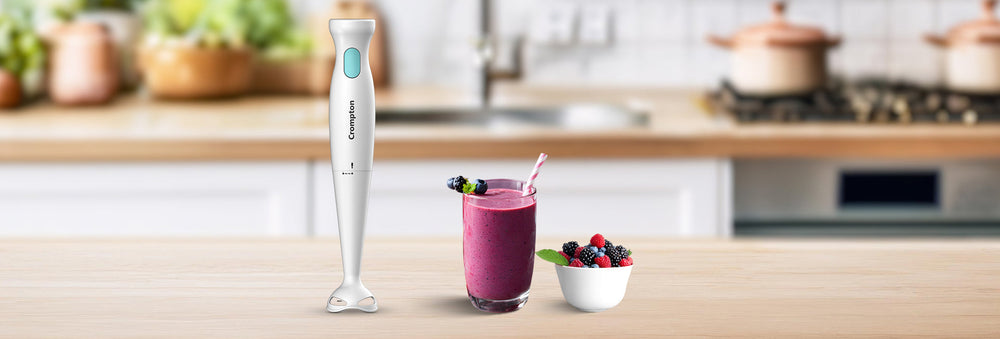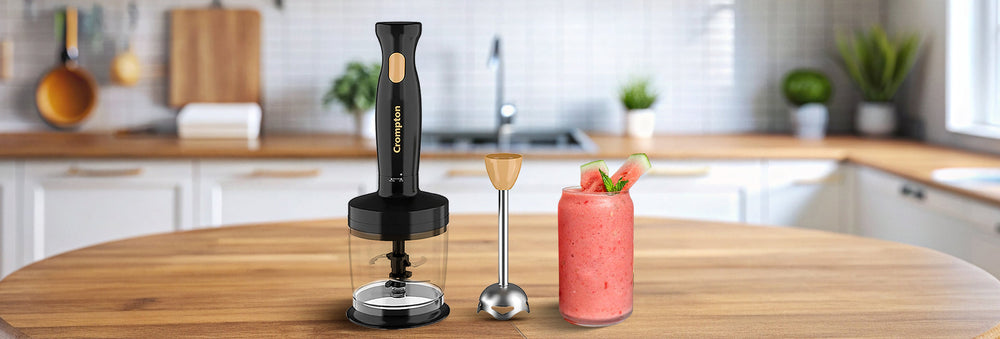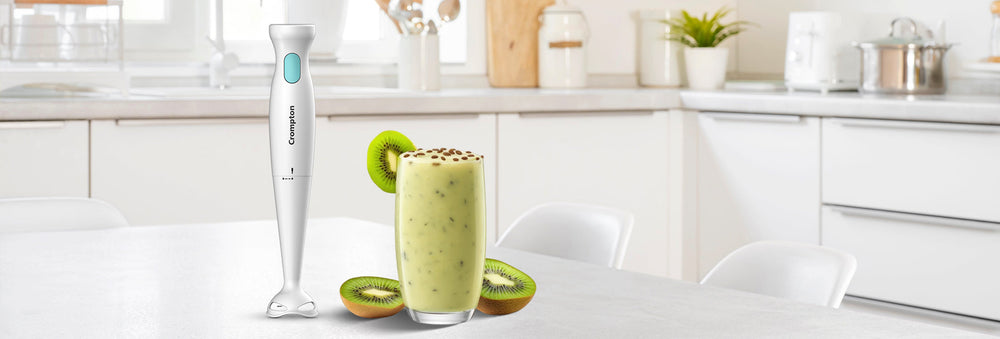Choosing the Perfect Fit For Your Kitchen: Glass Kettle vs. Stainless Steel Kettle


Selecting between a glass kettle and a stainless steel kettle can be an intriguing yet daunting task, as each choice brings its distinct advantages and characteristics to the table. These helpful comparisons between a glass kettle vs. stainless steel kettle can make the decision-making process more enjoyable. By understanding their key differences, you’ll be well-equipped to find the perfect kettle companion for brewing tea, coffee, or simply boiling water. Knowing the best ways to use electric kettles in the kitchen will help you maximise the potential of your chosen kettle, whether it’s a glass or stainless steel one, and enhance your overall kitchen experience.
What is a Glass Kettle Used For?
A glass kettle is a versatile and visually appealing option for heating water and other liquids. Glass stovetop whistling tea kettles are designed for use on gas or electric stovetops, making them suitable for a variety of kitchen setups. In addition to boiling water for tea and coffee, glass kettles can also be used to heat liquids like hot chocolate, instant soups, and even milk.
What is a Stainless Steel Kettle Used For?
A stainless steel kettle is a durable option for a variety of kitchen needs. Made from high-quality, food-grade stainless steel, these kettles are designed to enhance both the functionality and aesthetics of your home and kitchen space. Primarily, stainless steel kettles are used for boiling water, making tea, and preparing other hot beverages. Their robust construction ensures long-lasting performance and easy maintenance, making them a popular choice for those who value efficiency and reliability in their kitchen appliances.
Advantages of Glass Kettle
1. Visual Appeal
Glass kettles offer a sleek and modern design that can complement any kitchen decor. The transparent nature of the kettle allows you to watch the water as it boils, creating an engaging visual experience while also making it easy to monitor the water level at a glance.
2. Chemical-Free
Glass kettles are made from borosilicate glass, a material known for its resistance to thermal shock and chemical leaching. This ensures that your hot beverages are free from potentially harmful chemicals and provides a safe and healthy brewing experience.
3. Taste Preservation
Glass kettles do not impart any flavours or odours to the water or other beverages being heated. This ensures that the taste of your tea, coffee, or hot cocoa remains pure and unaltered, allowing you to enjoy the true flavour profiles of your favourite drinks.
4. Easy to Clean
The smooth and non-porous surface of glass kettles makes them easy to clean, as they are less likely to harbour bacteria or residue. This ensures optimal hygiene and maintenance, as well as a consistently clean taste for your beverages.
Advantages of Stainless Steel Kettle
1. Durability
Stainless steel kettles are built to last, with a robust construction that is resistant to dents, scratches, and rust. This makes them an ideal choice for those who value long-lasting performance and reliability in their kitchen appliances.
2. Heat Retention
Stainless steel kettles are known for their excellent heat retention properties. This means that once your water or beverage has reached the desired temperature, the stainless steel kettle will keep it hot for a longer period, allowing you to enjoy your hot drinks without the need for constant reheating.
3. Energy Efficiency
Stainless steel is an excellent conductor of heat, which allows for faster boiling times compared to other materials like glass. This not only saves time but also reduces energy consumption, making stainless steel kettles a more environmentally friendly and cost-effective choice.
4. Versatility
Stainless steel kettles are compatible with a wide range of heating sources, including gas, electric, and induction stovetops. This makes them a versatile choice for any kitchen setup, ensuring that you can easily integrate a stainless steel kettle into your existing cooking routine without the need for additional equipment or adaptations.
Is a Stainless Steel Kettle Safe?
An electric kettle, made from safe materials like stainless steel or glass, is a healthy and safe option for boiling water and preparing hot beverages. You may wonder, “Is an electric kettle good for health and safe to use?” The answer is yes, particularly with stainless steel kettles. They pose no harm to health, offering durability, affordability, and avoiding metallic flavours in the water that could come from brass, copper, or aluminium. Stainless steel kettles also resist oxidation, ensuring that no chemical residues are left in the boiling water. It’s essential to choose an electric kettle made from food-grade stainless steel or glass for a healthy and safe experience.
Glass Kettle Vs. Stainless Steel Kettle: Which one should you choose?
When comparing a glass kettle vs. stainless steel kettle, it’s essential to consider various factors to make the best choice for your kitchen needs. Here, we’ll discuss stainless steel vs. glass electric kettles based on various factors.
| Criteria | Stainless Steel Kettles | Glass Kettles |
| Safety and Health | Safe, no harmful chemicals, durable, affordable | Safest option, non-porous, no leaching substances |
| Durability | More robust, less likely to break or crack | Prone to breakage, fragile |
| Aesthetics | Sleek styles, brushed or polished finishes | Modern, minimalist look, transparent2 |
| Price | Often more affordable | Can be more expensive, premium for aesthetics & health |
| Weight | Lighter due to material | Heavier due to glass thickness |
| Heat Retention | Better heat retention, keeps water hot longer | Lesser heat retention compared to stainless steel |
In conclusion, the choice between a stainless steel kettle and a glass kettle depends on your personal preferences and priorities, such as aesthetics, durability, price, and safety. Consider these factors and choose the kettle that best suits your needs and lifestyle.
FAQs Kitchen Glass Kettle vs Stainless Steel Kettle
1. Is it better to boil water in glass or stainless steel?
It is generally better to boil water in stainless steel. Stainless steel is a better conductor of heat than glass, which results in faster boiling times and reduced energy consumption. Additionally, stainless steel is more durable and resistant to bursting or cracking.
2. Is a glass electric kettle safe for health?
A glass electric kettle is considered safe for health. Glass kettles are made from heat-resistant materials like tempered glass or borosilicate glass, which can handle high temperatures of up to 170°C. These materials do not rust or oxidise, ensuring a safe and healthy brewing experience.

 Read Previous Blog
Read Previous Blog



 at 9228880505 or write to us at
at 9228880505 or write to us at 